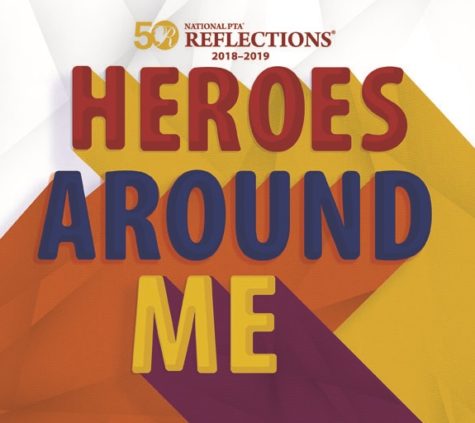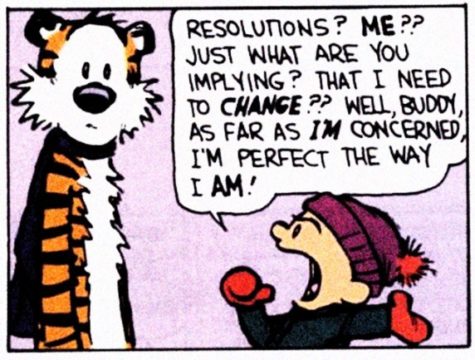Alternatives To Standardized Testing
Standardized testing is a nightmare. Students and teachers rely so much on this flawed form of regurgitating information that, so often, students simply memorize the night before and forget the day after the test. To make matters worse, our more current tests evaluate and judge a teacher’s ability to educate students. Do the negative impacts of standardized testing outweigh the positive? Are there alternative solutions to standardized testing?
To answer the first question, the answer is a definite yes. Ron Maggiano explained why he quit teaching high school after 33 years by stating, “I can no longer cooperate with a testing regime that I believe is suffocating creativity and innovation in the classroom. We are not really educating our students anymore. We are merely teaching them to pass a test. This is wrong. Period” (Strauss, 2014). I personally relate to this so much. I enjoy classes where I can dive into the concepts and not worry so much on reoccurring tests and quizzes.
Valerie Strauss, a writer for The Washington Post, further explains Maggiano’s issue with testing: “The overemphasis on testing has led many teachers to eliminate projects and activities that provide students with an opportunity to be creative and imaginative… There is nothing creative or imaginative about filling in a bubble sheet for a multiple choice test. Students are so tired of prepping for and taking standardized tests that some have dressed up like zombies to protest — and thousands of families are opting their children out of taking high-stakes exams.” I could not agree more.
Another point Maggiano makes is the fact that, “When standardized tests are the most important thing, the fostering of critical thinking in the classroom gets short shrift.” In other words, kids can simply get away with pointless memorization of information for a test that they soon forget. Whereas if a student actually engages in what is being taught, they can remember the concepts. Teachers should not be afraid to teach what the students want to understand about the concept. I have had many teachers like this. Every teacher that “values questions more than answers” (Terry, 2018) leaves me with a greater love and excitement for the class that was taught.
We all know the frequently used analogy by Albert Einstein: “Everybody is a genius. But if you judge a fish by its ability to climb a tree, it will live its whole life believing that It is stupid.” This is incredibly profound and true. It makes me sick to know that there are so many students with potential to go so far with their lives but are limited because of tests. One may argue that standardized tests indicate student comprehension. I wholeheartedly disagree, and so do many others, desperate to change this imperfect way of judging understanding.
So what should we do instead? What if we theoretically banned all standardized tests? What would be the alternative? First of all, I don’t think the occasional quiz is bad. It can be a good strategy for identifying the classes collective struggles with certain concepts. But when it comes to tests that matter, we must accommodate the needs of all unique, individual students.
There are countless opinions on this subject. After pondering many of them, I would suggest that, depending on the class, students could choose their form of “test” to demonstrate their understanding. This could be a written paper, or their choice of presentation. I was especially intrigued with one method I constantly came across. It was an annotated portfolio of work throughout the class. Or honestly, if it is easier on the teacher, perhaps offering many small tests covering different units and which allow retakes instead of the usual big test that everyone frets over.
In conclusion, I genuinely hope for a more beneficial way of testing comprehension. I am quite the awful test taker, along with many others. I get too worked up and anxious, resulting in forgetting things I should have known. Yes, there are things students can do to prepare for tests, but the simple truth is that there will always be unfair judgement when it comes to tests. I often listen to motivational speaker Prince EA express his thoughts on education. I was intrigued when he made the point that Fredrick J. Keely, the very man who invented standardized testing, once stated that, “These tests are too crude to be used and should be abandoned.” It is far overdue for a new way of judging comprehension. Thanks for reading.
Sources
Strauss, Valerie. “11 Problems Created by the Standardized Testing Obsession.” The Washington Post, WP Company, 22 Apr. 2014, www.washingtonpost.com/news/answer-sheet/wp/2014/04/22/11-problems-created-by-the-standardized-testing-obsession/?noredirect=on&utm_term=.ca446d47dd70.
Heick, Terry. “10 Characteristics Of A Highly Effective Learning Environment.” TeachThought, 21 Mar. 2018, www.teachthought.com/learning/10-characteristics-of-a-highly-effective-learning-environment/.






